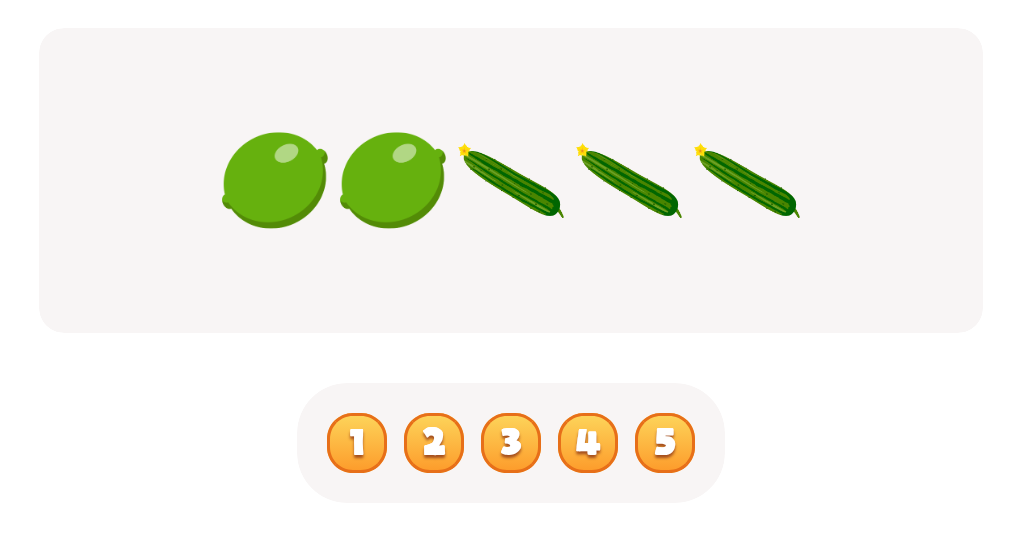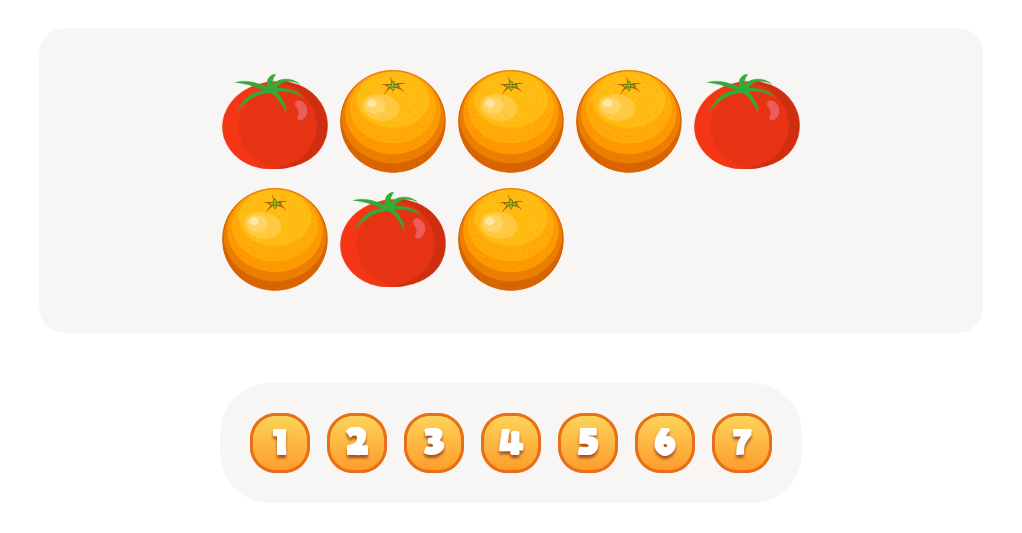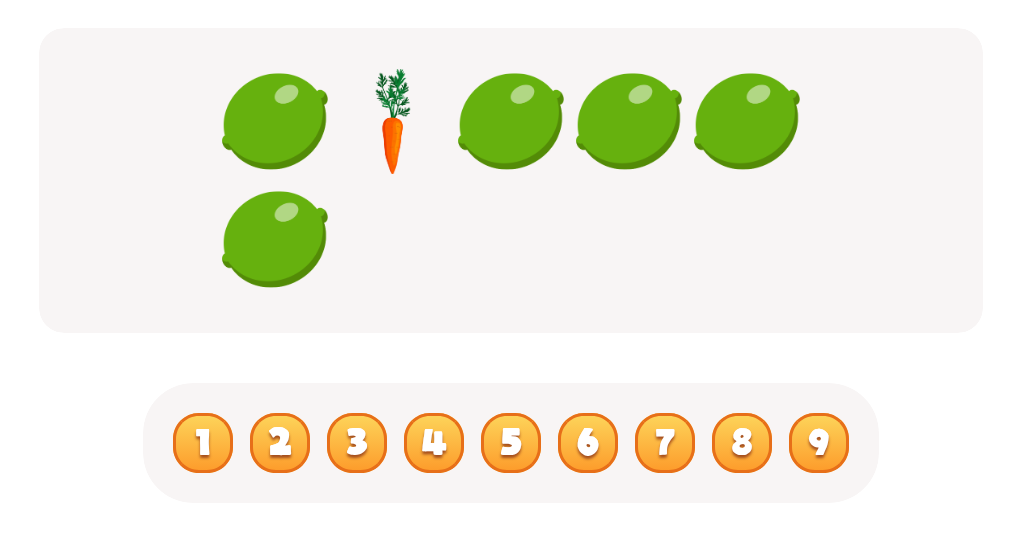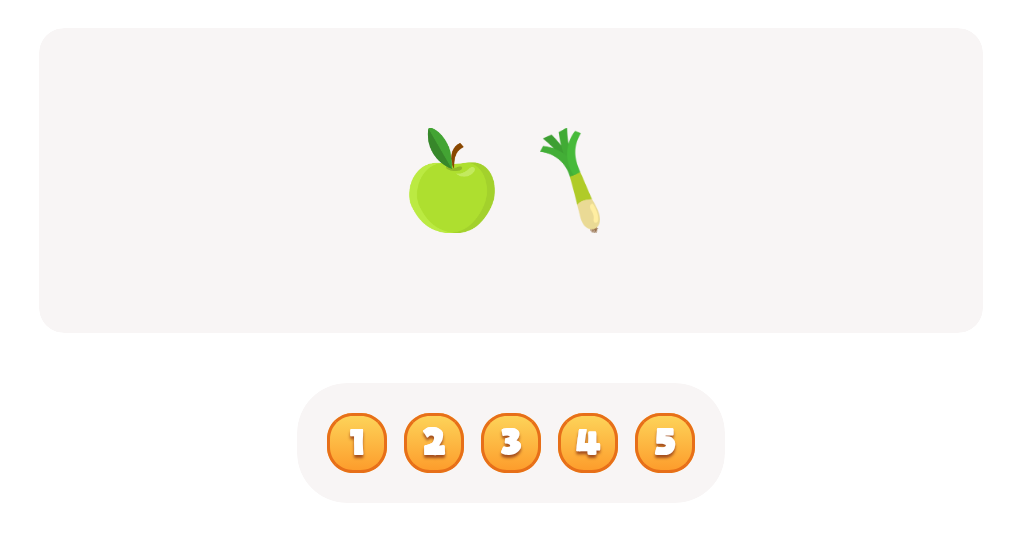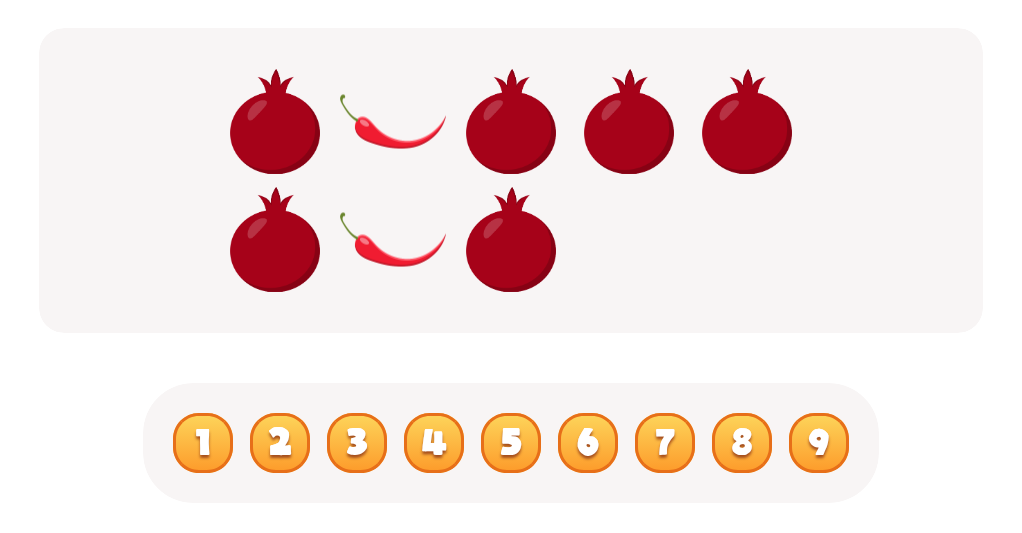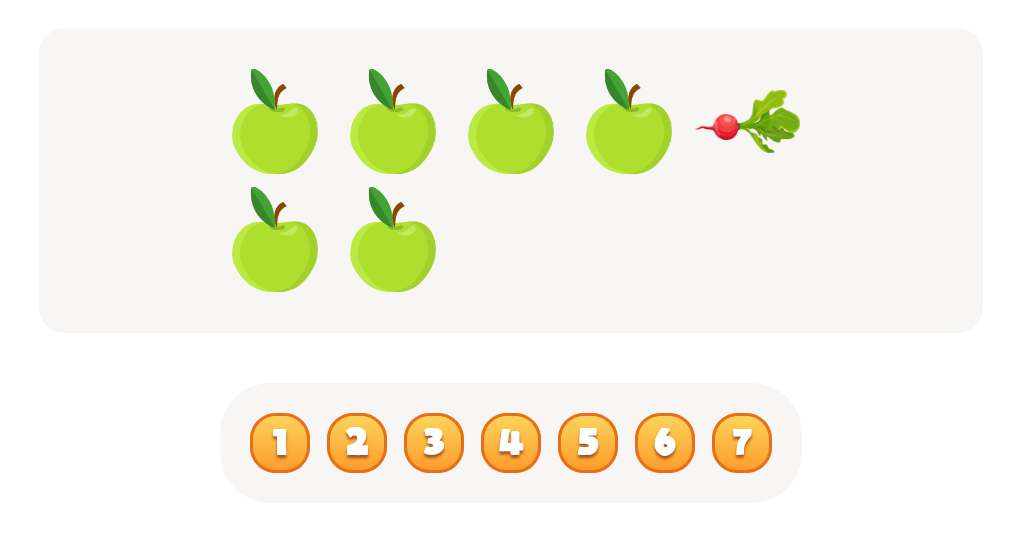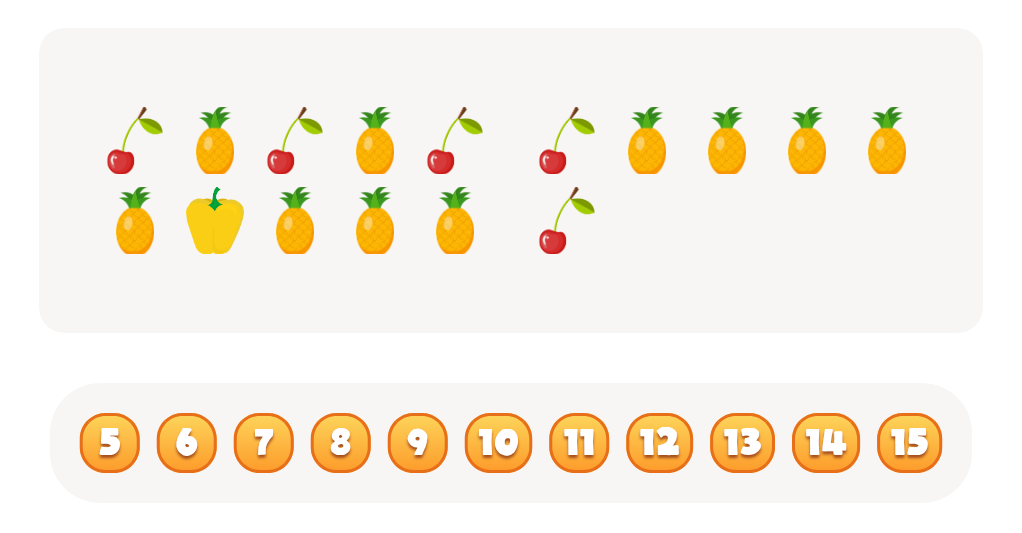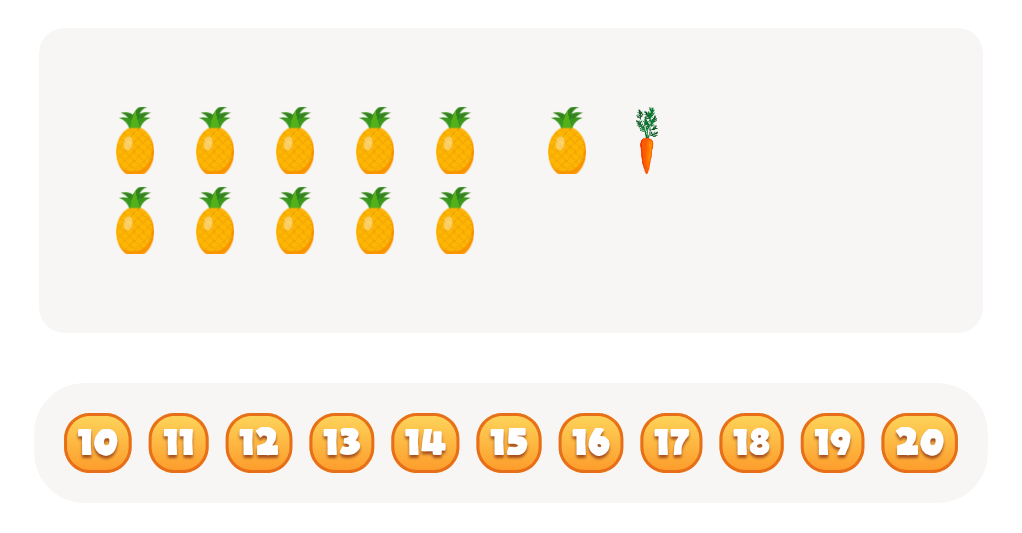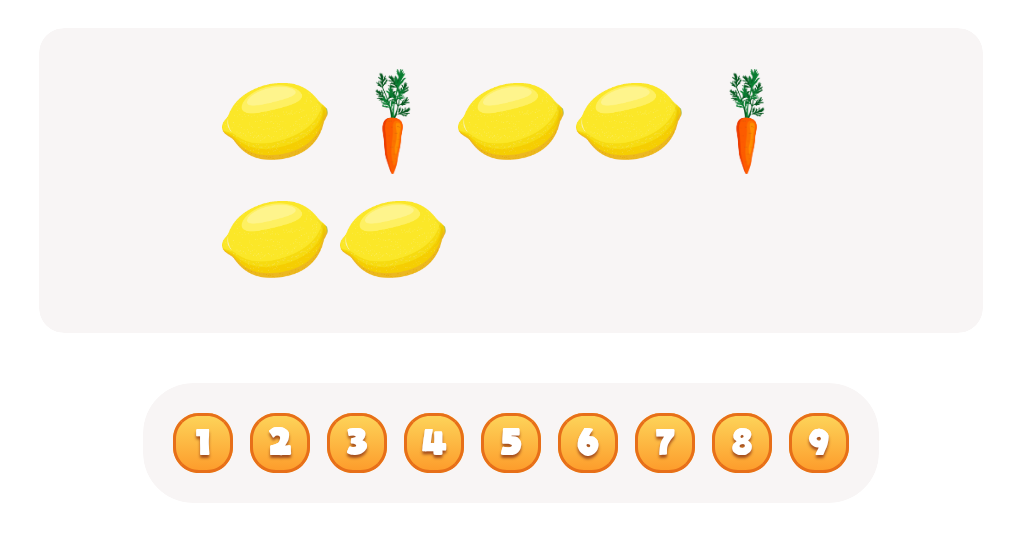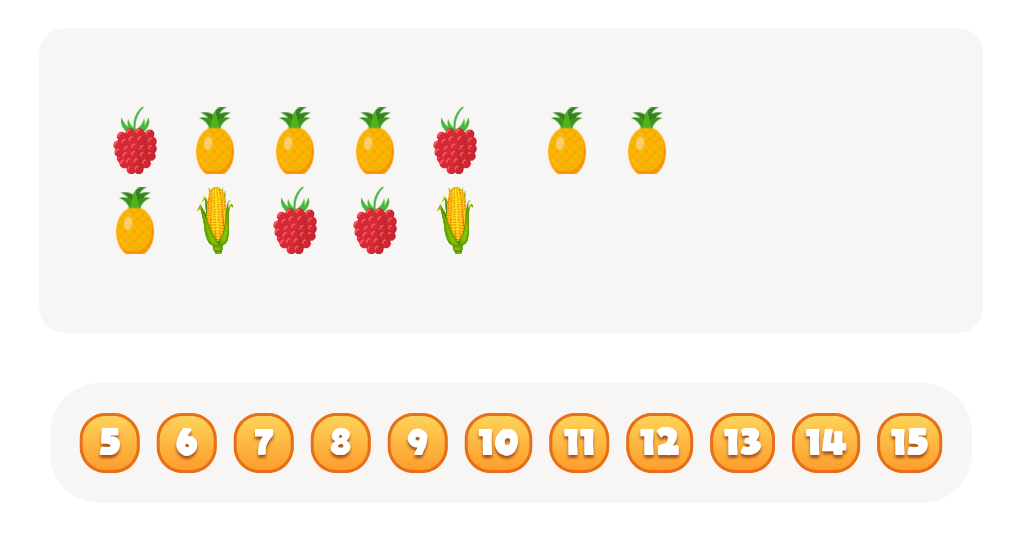Cognitive Development Normal Plants and Animals Worksheets for Ages 7-8
5 filtered results
-
From - To
Explore our engaging "Cognitive Development Normal Plants and Animals Worksheets" designed specifically for ages 7-8! These worksheets offer fun and interactive activities that foster critical thinking and problem-solving skills while introducing young learners to the fascinating world of plants and animals. Each worksheet encourages observation, classification, and comparisons, prompting students to develop a deeper understanding of ecosystems and living organisms. Ideal for classroom settings or at-home learning, these resources will spark curiosity and nurture a love for science in young minds. Let the adventure begin, and watch your child's cognitive skills flourish through exploration and discovery!
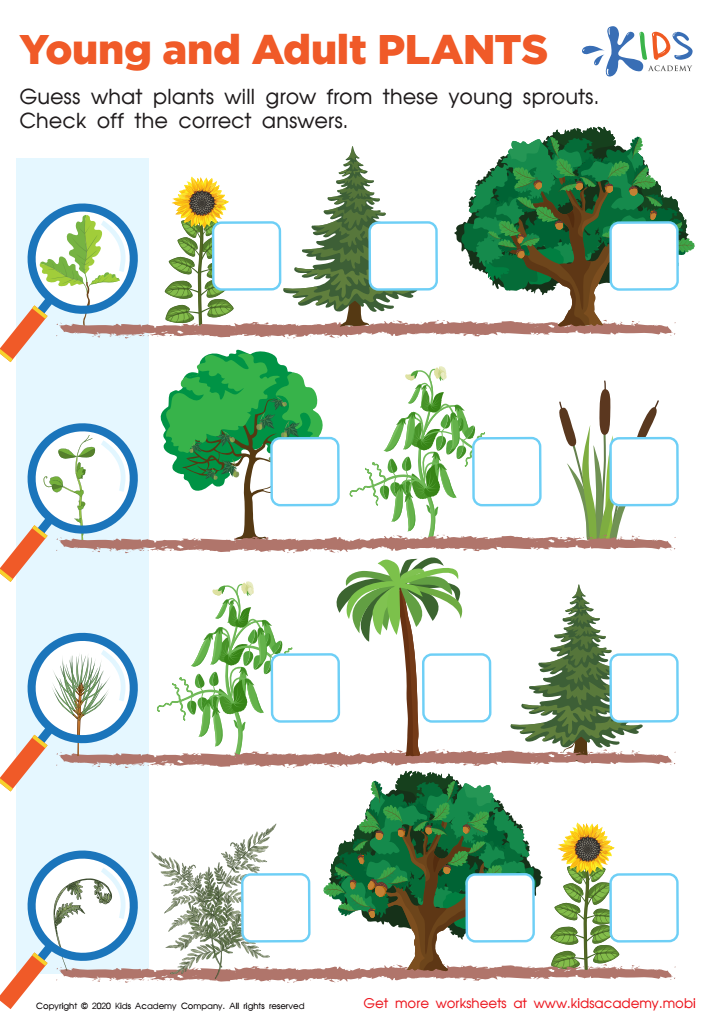

Young and Adult Plants Worksheet
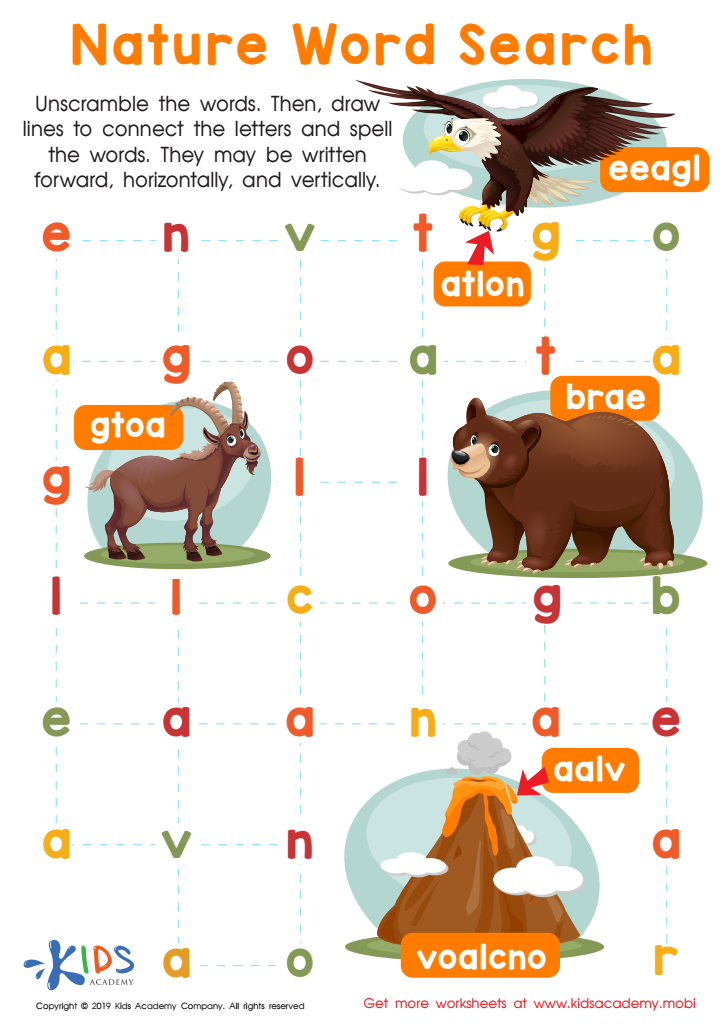

Nature Word Search Worksheet
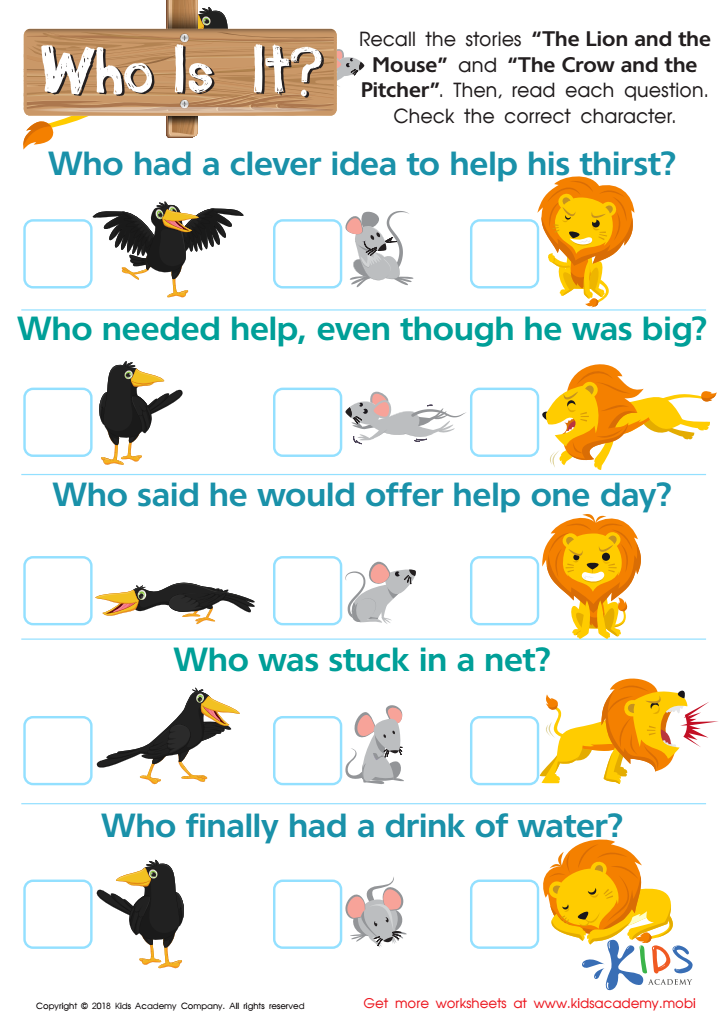

Who Is It? Worksheet
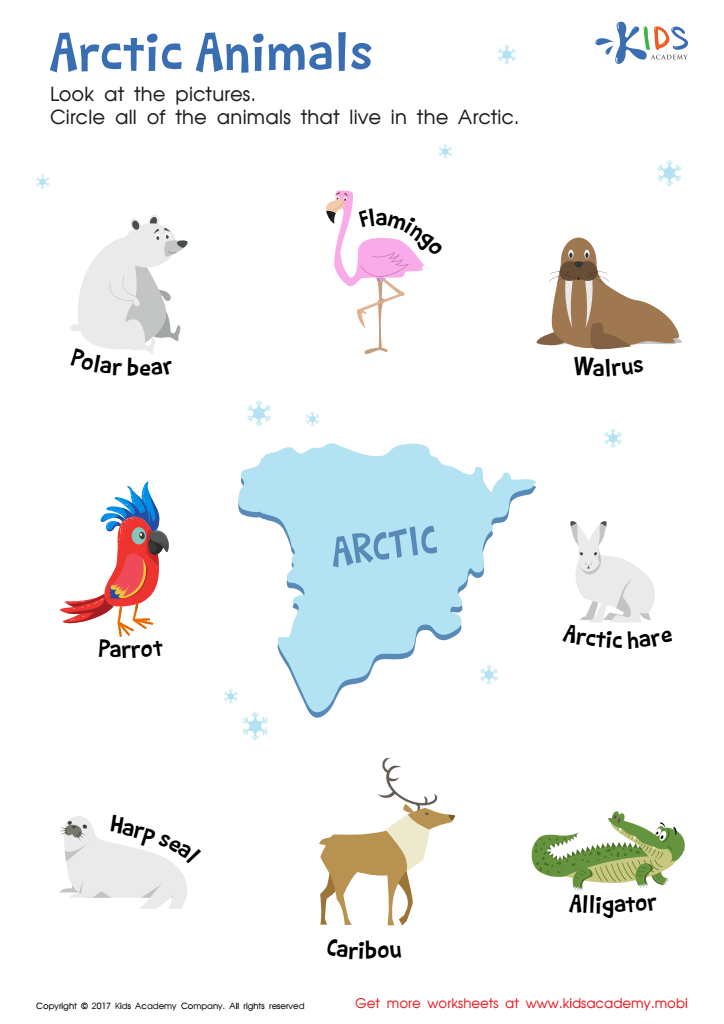

Arctic Animals Worksheet
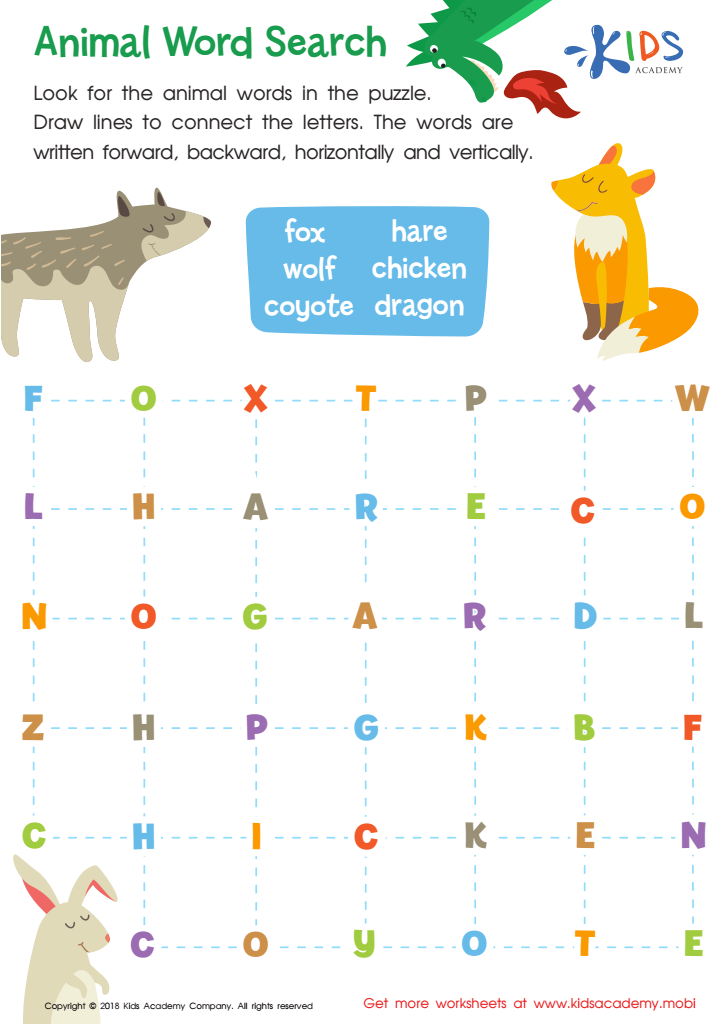

Animal Word Search Worksheet
Understanding cognitive development related to normal plants and animals is crucial for parents and teachers of children aged 7-8, who are at a pivotal stage in their learning journey. During this age, children become more curious about the world around them, often asking deeper questions about nature and its components. By exploring topics about plants and animals, educators can enhance critical thinking, fostering an appreciation for biodiversity and ecological systems.
Studying plants and animals aligns with curricula and helps children make connections between science and their everyday lives. Engaging with this content encourages observation skills, such as identifying various species, understanding life cycles, and recognizing habitats. These activities promote inquiry-based learning, where children actively participate in experiments and outdoor explorations, stimulating their curiosity and imagination.
Furthermore, discussions about ecosystems and environmental stewardship instill a sense of responsibility for the planet. Parents and teachers can support cognitive development by fostering an environment where children feel empowered to ask questions and seek answers, leading to better comprehension and retention of knowledge. Ultimately, nurturing curiosity about plants and animals cultivates informed, conscientious young individuals who are aware of their role in the world.
 Assign to My Students
Assign to My Students
